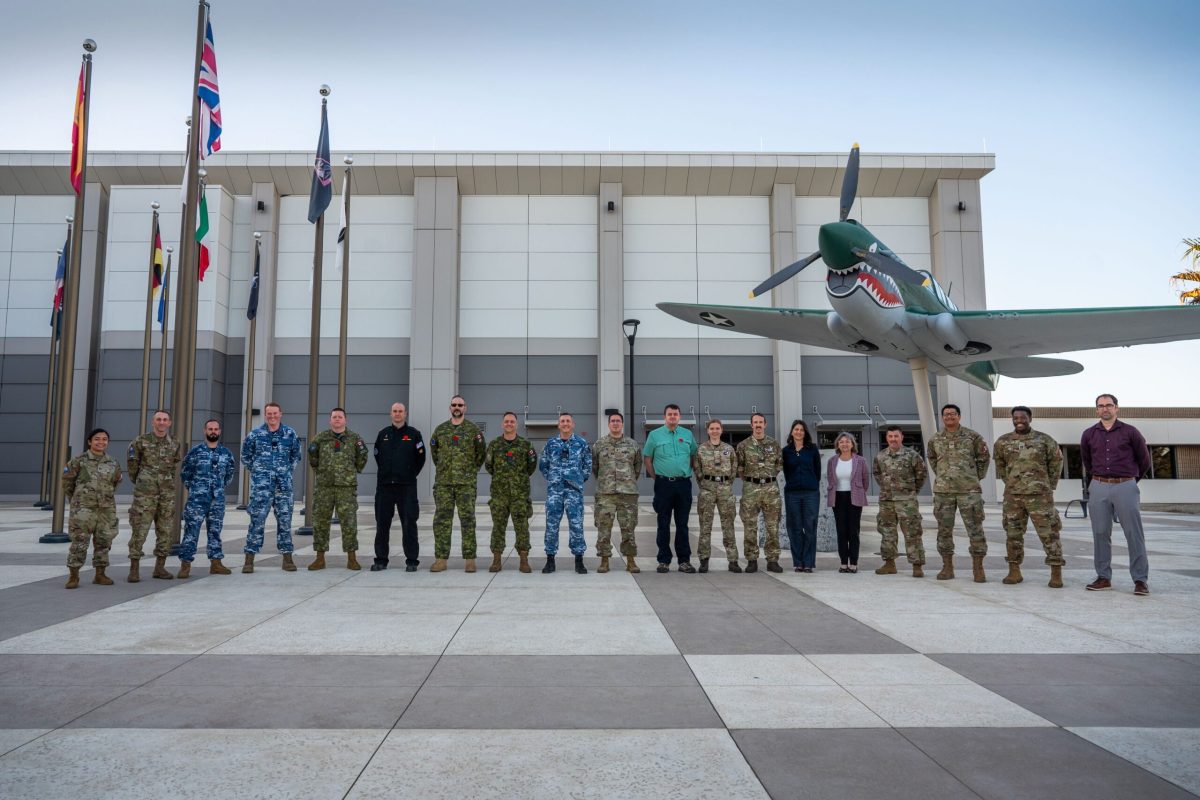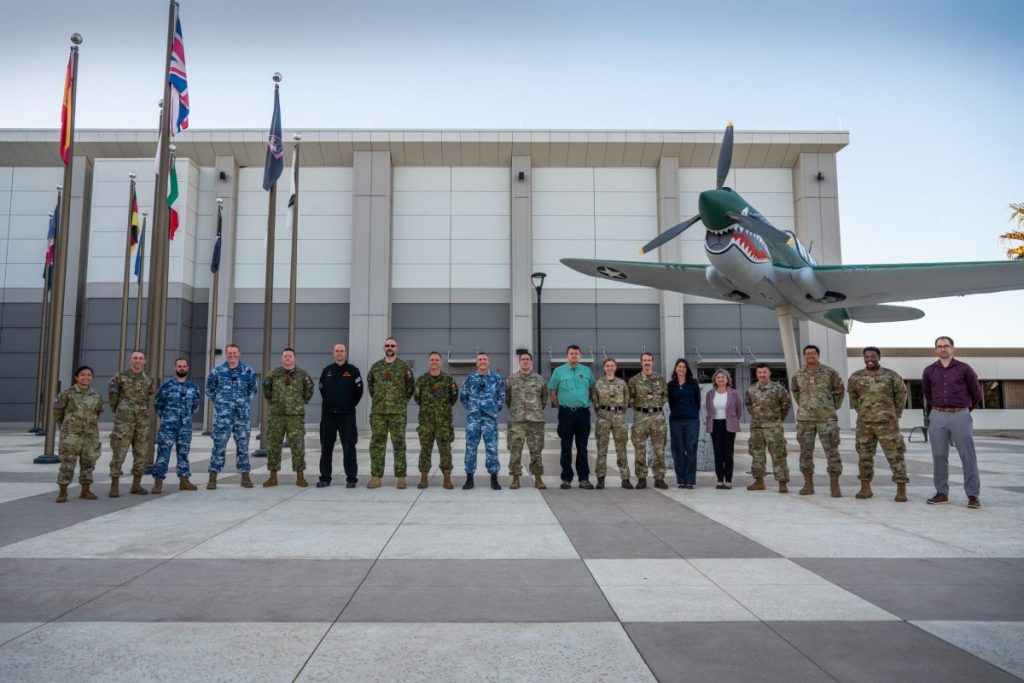WASHINGTON — President-elect Donald Trump’s “America First” approach to foreign policy, emphasizing reduced U.S. reliance on traditional alliances, could face complex challenges in space, where international partnerships play a critical role in national security, retired U.S. Space Force Lt. Gen. John Shaw said Nov. 14.
Shaw, who served as deputy commander of U.S. Space Command from 2020 to 2023, said Trump’s skepticism of international alliances may face practical limitations in the space domain.
“I think we’re just going to wait and see how that plays out,” Shaw said on a Space Foundation podcast. “It’s hard to do things on your own in space, because we’re all in there together. It would be like trying to do air traffic control all by yourself.”
Web of space alliances
The United States has long built a network of alliances in space, reflecting a mutual need for shared security in a domain with high stakes. Through U.S. Space Command, the U.S. maintains over 185 space situational awareness (SSA) agreements with commercial sectors, academic institutions, and allied governments to monitor the position of satellites, debris, and other space objects. The Operation Olympic Defender coalition, for instance, facilitates intelligence sharing among allies to deter and defend against hostile space actions.
Dismantling alliances or restricting partnerships could weaken U.S. space security efforts, potentially complicating satellite tracking, space traffic management, and defensive postures. Officials said alliances are crucial, given the reliance on satellites for everything from military reconnaissance to civilian communications.
Competition with China
Shaw pointed to growing competition with China as a factor likely to shape the incoming administration’s space policies. China’s recent advancements, including a planned crewed lunar mission in the early 2030s, underscore its ambitions to become a space superpower, challenging the United States’ lead in space.
“I think the new administration is going to be fairly bullish on space,” Shaw said, noting Trump’s vested interest as the president who established the U.S. Space Force in 2019. “That interest isn’t likely to diminish, especially as China advances its space ambitions.” Shaw suggested that the U.S. could face pressure to accelerate its own lunar missions, given China’s progress, but noted that the path forward remains unclear.
Efforts by potential adversaries to challenge the United States will remain a key driver in national security space policy, Shaw added. “I don’t think the threats are going to diminish,” he said, referring to Chinese and Russian space weapons development.




